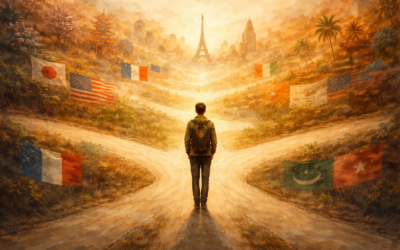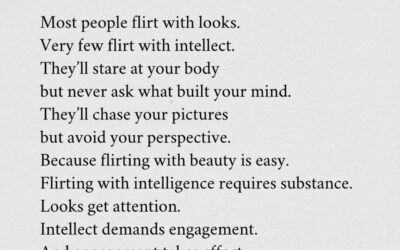Have you ever had an interaction that left you feeling blindsided—angry, hurt, or misunderstood—without really knowing why? It’s interesting how we walk through life thinking we’re whole, only to later realize that wounds we weren’t even aware of have been shaping our reactions all along.
In The Origins of You, one of the most eye-opening insights is how wounds are activated in relational engagements. We don’t exist in isolation—our experiences, past and present, are constantly shaping how we respond to others. And yet, when a wound is triggered, we often don’t see it for what it is. Instead, we react from that place, unaware that an old story is at play. The same goes for others. We might be unknowingly activating a wound in someone else, and their reaction—anger, withdrawal, defensiveness—gets deflected onto us. It feels personal. And maybe that’s the hardest part—it’s not.
Imagine a world where every human being is walking around with wounds. Some have acknowledged them, named them, and worked through them. Others have no idea they exist, convinced they’re unaffected by the past. But there’s always an origin to everything—an emotion, a reaction, a trigger. Understanding this doesn’t mean we take on responsibility for someone else’s wounds, but it does open the door to something powerful: compassion.
Compassion doesn’t mean excusing harmful behavior, but it does create space to see things differently. It allows us to step back, take a breath, and realize that sometimes, what feels personal isn’t actually about us. And maybe that little bit of understanding can change how we show up—for ourselves and for each other. Easier said than done for sure, but possible. There is hope.
In six years, I might read this book again and see things differently. That’s growth. We’re not the same people we were yesterday, and we won’t be the same tomorrow. But for now, this is what I’m sitting with: We’re all carrying something. And the more we understand, the more we can let go.




0 Comments